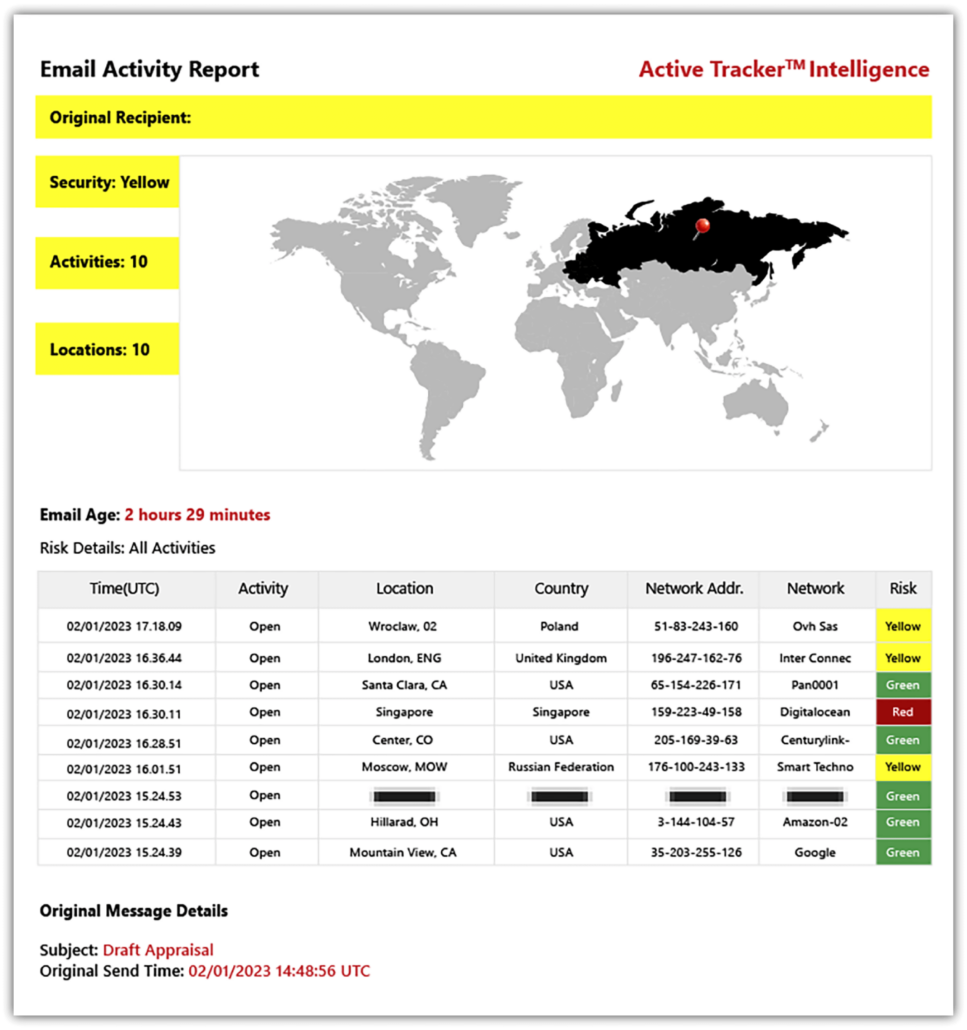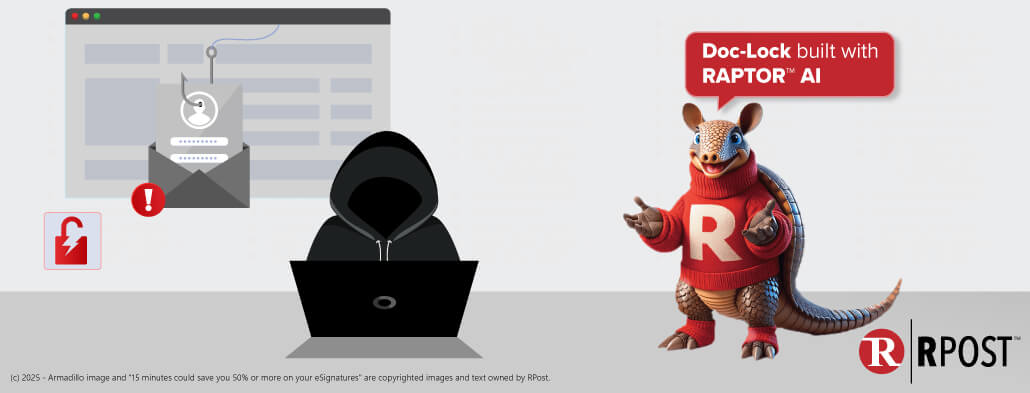
This article is the fourth and final of a series devoted to Email Eavesdropping™ threat hunting.
As I’m sure you’re aware, the world is currently replete with conspiracy theories—probably more so than at any other time in history. Thus, it may actually be more instructive to isolate statements that are NOT obvious conspiracy theories. So, let’s have a little fun this Friday, and I’ll ask you to identify the one TRUE statement of the three below:
It’s important to note that, depending on the surveys used, around 30% of the US population believes that any one of these above theories is fact. We know that all people can’t be wrong all the time, so with this in mind, I submit to you that statement no.3 (the one about Alexa) is the true one.
Don’t believe me? No less of an authority than Time ran a story a few years ago exposing eavesdropping by digital voice assistants, yet the idea seems so far out there that many people still believe this is a conspiracy theory!
The fact is that these digital voice assistants still need some human help to understand what you are singing in the shower to keep track of your favorite songs. They also need to know what you are discussing in your living room to “learn” how to understand your local accent and slang.
Yes, there are real humans (vs AI bots) in real office buildings spread around the world in cities like Boston, but also in countries like Costa Rica, India, Romania who are parsing your commands and regular conversations brought in through the microphones on these voice assistants. Sure, there are opportunities to opt out and obtain greater privacy, but most people just stick with the default settings.
We’ll call this “voice eavesdropping,” and we’ll also assume that this voice eavesdropping is closely managed by Big Tech who would never use this information against any individual 🧐.
But what about Email Eavesdropping™ activities? As we’ve mentioned in our previous articles in this series, RPost has launched RMail PRE-Crime services with Email Eavesdropping™ alerts, which is a service that can identify when your email is being eavesdropped on—presumably by cybercriminals working on a lure often cleverly designed to trick you.
However, what we did not expect is to have the Email Eavesdropping detection service used for is to see where in the world one’s email is being routed, presumably analyzed by “cloud” security systems. Much like how voice assistant data is being analyzed all over the world, so potentially is your email data.
Would it be a big concern, for example, if you are a government organization, and it turns out your email is (legitimately based on your service providers) being routed to be analyzed by security systems in, say Russia, Poland, or Singapore? Maybe not. But if you’re legally bound to have email remain in the US (or at least not analyzed in a country with a business embargo) or if you are legally bound by your clients not to have email route to certain foreign countries, RMail Email Eavesdropping detection service will be an eye opener (and a deal saver).
All government customers, large law firms, and others should know where their email is being routed. Now you can. See example below:

Feel free to contact us to discuss RMail and its Email Eavesdropping™ alerts, or if you have any concerns about your own systems being eavesdropped on. We hope you’ve enjoyed our multi-part series on eavesdropping of all kinds and that it has better informed you as to how to keep your systems and data more safe.

April 25, 2025

April 17, 2025

April 11, 2025

April 04, 2025

March 28, 2025